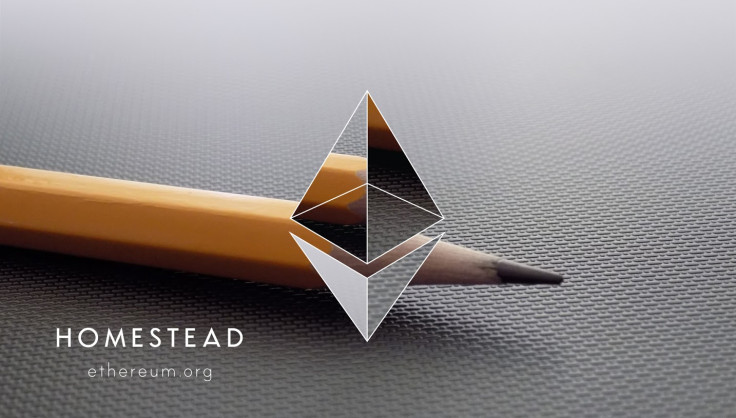Parity pushes new Ethereum testnet 'Kovan' after spam attacks
Ten Ethereum companies launch Proof of Authority testnet after Ropsten suffered a DoS attack on Feb 24.

Parity, Digix and Melonport are among a group of 10 Ethereum companies launching Kovan, a new public testnet for Ethereum, after spam attacks in recent weeks on the existing testnet.
On 24 Feb, Ethereum's public testnet Ropsten suffered a denial of service attack, leaving developers without a reliable public testing environment for deploying and testing of smart contract code prior to deployment on the Ethereum mainnet.
Within 24 hours, a consortium of 10 Ethereum companies came together to organise the launch of a stable Ethereum public testnet called Kovan, based on the Proof of Authority (PoA) consensus engine pioneered by Parity Technologies.
The use of Proof-of-Work (PoW) on testnets presents a fundamental game theoretical problem: the only significant economic incentive to mine using dedicated GPU resources is to accrue a large amount of testnet ether in order to launch spam attacks, which reduce stability and viability of the network in order to hamper development of applications that would later be deployed on the mainnet chain.
The Kovan testnet solves this issue by preventing malicious actors from acquiring large amounts of ether and providing ether to legitimate developers via a slow-release "faucet" service controlled by the consortium members. PoA also allows for shorter and predictable block times for a more developer-friendly environment.
Gavin Wood, co-founder of Ethereum and Parity Technologies (and who also coined the term Proof of Authority), said: "After the failure of Ropsten, it is clear that we need reliable infrastructure to aid development of Ethereum dapps in an inclusive and interoperable manner. While PoA is far from our philosophical roots, I hope that in the context of a pure testnet it will nonetheless be valuable. I'm excited to be a part of this truly multilateral grassroots community effort and hope it sets us on a path to a more inclusive and decentralised Ethereum ecosystem."
Kovan has a four second block time to minimise transaction confirmation latency, and unlike PoW networks such as Ethereum and Bitcoin, the time between blocks is extremely consistent. Furthermore, it includes EIP-98, allowing nodes to execute most transactions in parallel giving a three to six times improvement in transaction throughput on modern processors, said a statement. Future integration of "dust-protection" EIP-169 is planned, securing Kovan against state-bloating attacks. To ensure the smooth upgradability, it includes support for Parity's secure blockchain-based auto-update system.
The ten organisations that collaborated on Kovan testnet are:
● DigixGlobal – asset tokenisation platform
● Etherscan – Ethereum block explorer
● Parity Technologies – developer of the Parity Ethereum client
● Attores – smart contracts as a service provider
● Maker – Stablecoin platform
● OneBit by TenX – real world payments with blockchain assets
● Blockchain Industries – blockchain consultants
● MelonPort – digital asset management platform
● Nivaura – financial instrument issuance and administration technology
● GridSingularity – decentralised energy data application platform
Etherscan will be providing the Kovan blockchain explorer to facilitate transaction tracking and inspection at and a Netstats console is also available. Additional services including public RPC endpoints will also become available in the near future, which will allow developers and testers to interact with Kovan without running a local Ethereum node.
In line with the Morden and Ropsten naming convention, Kovan is named after a metro station in Singapore – home of Digix, Attores and TenX – where the initial proposal for the Kovan public testnet was drafted at the SGInnovate co-working space. For information on connecting to the live Kovan testnet and using the faucet service, please read the configuration guide at, or join the gitter channel for support.
© Copyright IBTimes 2025. All rights reserved.






















